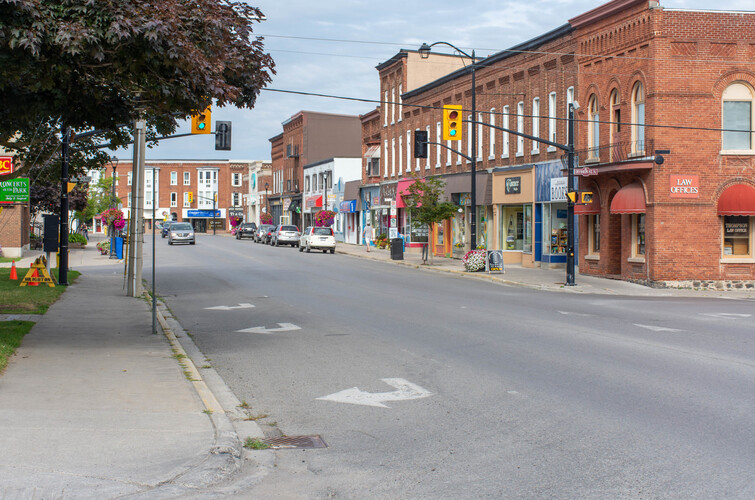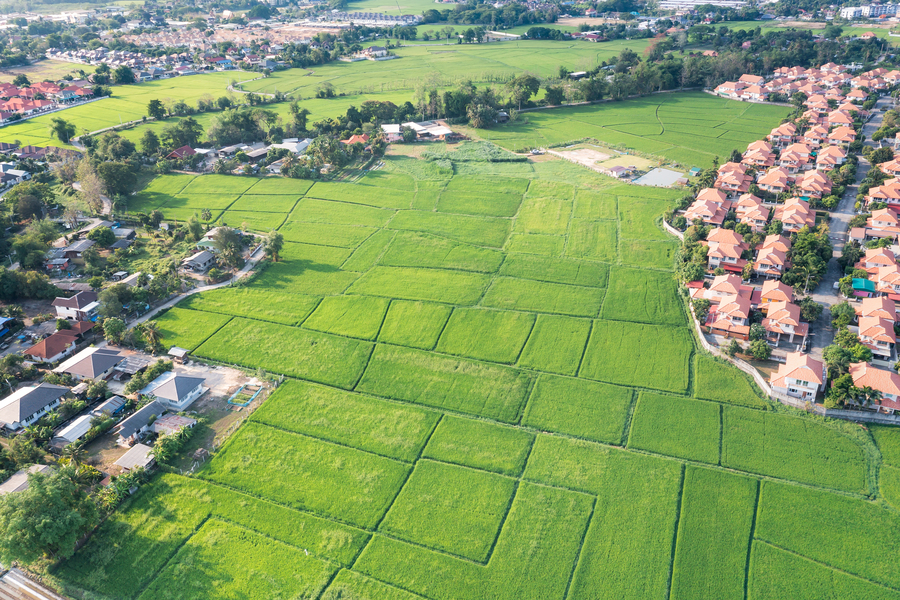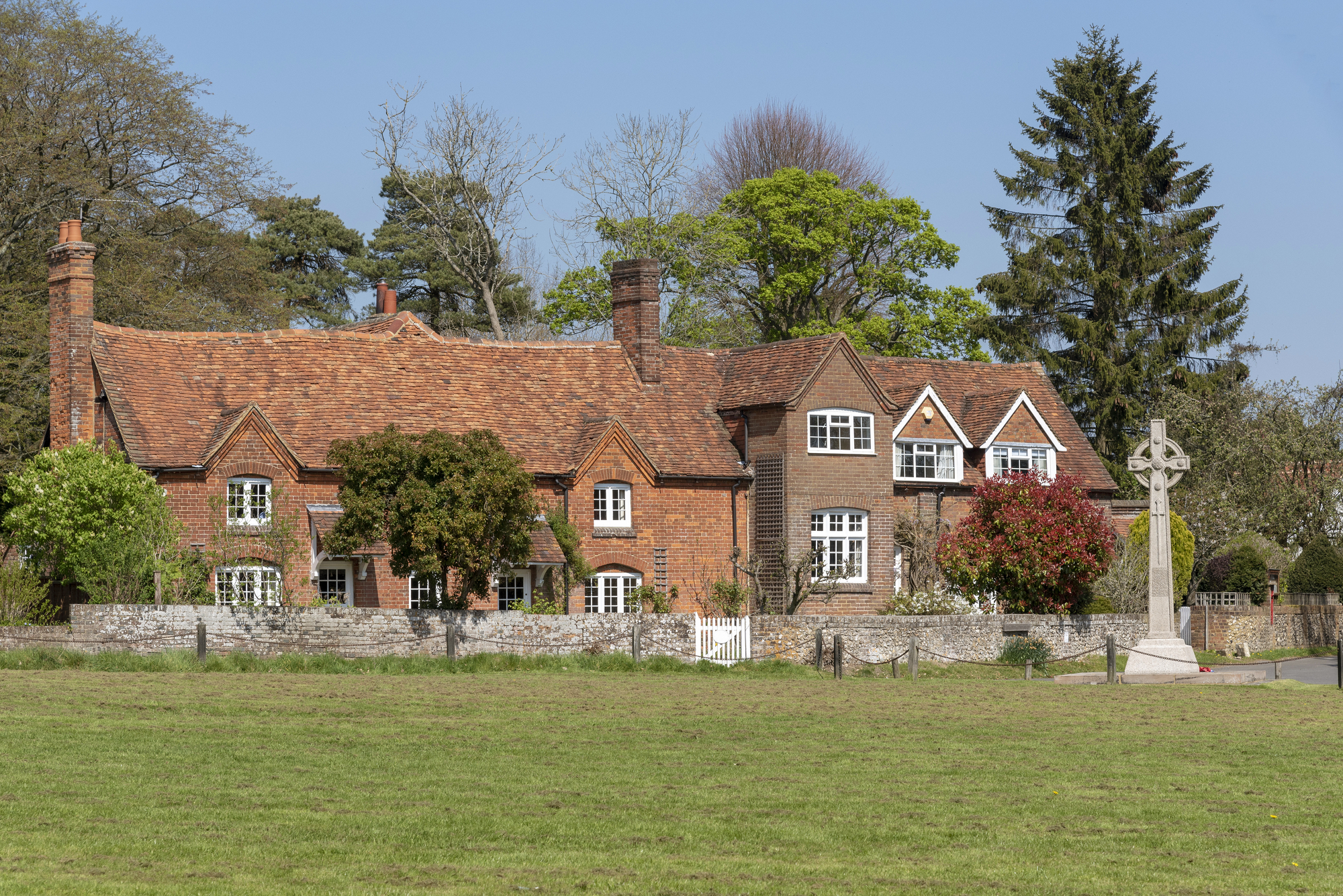Certainly, an argument can be made for how nuanced each sector of real estate can be. I’m of the very debatable opinion that rural real estate may have more complexity than most other segments of our industry.
To help us frame the conversation we enlisted the assistance of Adam DeGroote, a top-producing Real Estate Broker with Re/Max Twin City Realty Inc. Brokerage. In terms of geographic reach, Mr. DeGroote supports the communities of Brant, Norfolk, and Oxford County with his real estate expertise in residential and agricultural scopes.
Cultural Mosaics Meet Homogeny
Urban centres such as Calgary, Toronto, London, Montreal, and Vancouver are renowned for their cultural diversity often earning the reputation as cultural mosaics. Rural communities are known for being culturally homogenized. When we make the supposition that diversity is one of the main complexities in rural settings, it’s reasonable for you, the reader, to find this a dubious proposition but stick with us- let’s clear that up! The basis of the thesis that rural real estate is more challenging to wrap your head around due to diversity requires the reader to peer beyond the cultural diversity lens and expand those horizons to be more inclusive. The diversity we mean here is in its broad definition, a lack of uniformity.
Broad Strokes In Calgary and Toronto
If we look at Toronto and Calgary, both are similar in footprint, in broad strokes.
They each have a downtown core consisting mainly, but not exclusively, of four components: residential newer builds or condominium construction, office towers, and some retail rounded out by multiuse residential buildings.
If we expand outwards to the ‘burbs, it is much what you would expect– cookie-cutter homes patched into communities by build year; modern-day contract tracing of urban sprawl. Peppered in those suburban communities are big box retail centres. On the outskirts is where residents and travelers will find more concentrated industrial or commercial space.
If we shift our gaze to the downtown core of a rural community, we’ll notice more of a heritage vibe with many of the buildings being updated multi-storey originals, often over a century old in age. The streets, harken back to a time before the advent of the modern automobile when the horse-and-buggy was the way to get around town.
Showing the same vintage are grander single-family dwellings found on expansive lots which are sown into the downtown topography.
Multifamily residential buildings are a rarity in rural downtowns as there is not the demand like in Montreal, Calgary, or Toronto because there just isn’t the population density in the more rural communities.
While the two downtowns may have started out at the same point of origin, the variance in trajectory is often stark; rural communities downtowns show the layers of their evolution like rings of a tree whereas often downtown cores demonstrate the marks of the blunt knife that is a complete overhaul.
Curling In Rural Ontario

A rural community is reminiscent of curling (I know, a very Canadian reference!). There is the very small downtown core, the house if you will. The slightly wider outskirts of town that encompass the ‘house’ are present like a perimetre. Then out further are the agricultural elements of the rural community.
As a REALTOR ® in a rural community, one must understand the varied nature of century homes, new builds, multiuse, retail, retrofitted buildings, properties on sewers and municipal water versus those on septic and well, agricultural lands including soil quality considerations and effective age of agricultural property outbuildings, tax liability, crop sharing considerations and so much more.
Cultural Significant Handshakes
Also, handshake communities are culturally significant in that real estate is more than putting a sign on a lawn. To sell a farm, for example, you must know the local farmer. It is through their network that a REALTOR ® will find a buyer, or be connected with one. Without those connections, the property is likely to sit stagnantly and ultimately may sell for less money, leaving the farmer family questioning the affordability of their next big chapter.
The migration patterns are vastly different, which can also provide a level of complexity in a rural community. Urban migration is constant; people movement is an exponentiation process; one leads to two, which leads to four, which leads to sixteen, and so on.
In rural communities, movement, excluding those attributable to community expansion, tends to be linear, following one, two, or three formats. And because it goes back decades and generations with more handshakes than recordkeeping, renovations often done by neighbours and farmers trading labour and expertise, accurate pricing can be challenging.
Navigating Local Governance
Adding another level of complexity to rural properties is understanding the local government structure, with which rules do often change from county line to county line. This may mean what is permitted on the north side of a particular road could be completely different from what is permitted on the south side of that very same road.
“Apart from the rules themselves being different, these local governance variances can make a real estate salesperson’s fulfillment of due diligence difficult, particularly if they are an out-of-town agent. Having a local rural expert to guide you, leaning on years of experience in navigating all of this is priceless. You need to have a clear understanding of what it is your county or township will permit and whom to speak to when certain specific situations need to be addressed.”, Added DeGroote. Every real estate transaction brings forth its unique set of trials and tribulations.
Speaking from experience as an agent in a rural community, Adam noted, “those local and rural nuances create a vastly steeper learning curve for REALTORS ® trading in the areas that often don’t know until they’re in the thick of it that they’re in over their head. Working with someone with a proven history of not just local success and trustworthiness but with whom you have a connection, has never been more important in these unprecedented times.”
In conclusion
However, in rural communities particularly, buyers and sellers alike entrusting their family’s biggest investment, and one that may have been in their family for four or more generations to someone other than a local expert may not just be leaving money on the table. When it comes to rural transactions, the difference between getting the value or squandering a family asset may be down to the person on the other end of your handshake; choose wisely.
To explore more rural property opportunities or to connect with Adam DeGroote directly feel free to email him at Adam@adamdegroote.com and enjoy the comfort of local expertise.
Heather McDowell is a mother and a REALTOR®. Heather has spent most of her real estate career selling residential real estate, and its leasing and has dealt with the additional complexities of the cottage, timeshare and rural properties, and condominiums. She has dabbled in new construction and is expanding her portfolio to include commercial sales and leasing. Heather is also a dedicated volunteer for both the local women’s shelter and a national hospice organization and is an emerging playwright.
Heather describes her focus as diversifying real estate content that not only addresses national matters but explores those issues unique to each province and territory.
You can contact Heather at heather@crewmedia.ca or find her on socials at:
Facebook – https://www.facebook.com/thestoreytellingcompany/
LinkedIn – www.linkedin.com/in/heather-mcdowell-98134118b
Instagram – https://www.instagram.com/hmcdowellrealty/








